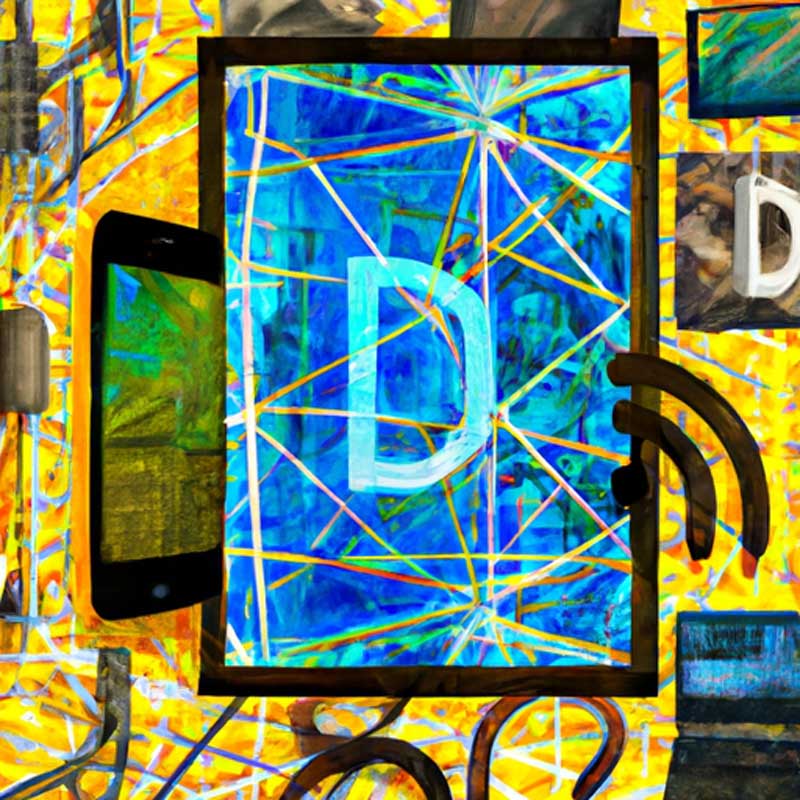Artificial intelligence (AI) is taking over the influencer marketing industry, posing a threat to human influencers.
– AI-generated influencers, who look like real people, are signing six-figure deals with luxury brands.
– Brands are turning to AI influencers to cut marketing costs and increase visibility.
– Human influencers are concerned that AI influencers will be mistaken for real people.
– Despite the potential job replacement fears, influencers are using AI tools to streamline their content creation process.
An increasing number of companies are building computer-generated influencers, also known as virtual influencers, that are grabbing attention and earning significant amounts of money from brand deals. For example, Aitana López, an AI influencer with over 243,000 followers on Instagram, earns up to $11,000 per month and advertises products for brands like Victoria’s Secret and Olaplex. Similarly, Lil Miquela, who was one of the first virtual influencers, has landed six-figure deals with high-end brands such as Prada and Calvin Klein.
The rise of virtual influencers is a result of brands’ desire to reduce marketing costs. Influencer fees have increased significantly in recent years, prompting companies to seek alternative options like AI-generated influencers. These virtual influencers can reach a larger audience and have a lower cost per person remembering the advert compared to traditional ads. However, some human influencers have expressed concerns that AI influencers may be mistaken for real people due to their uncanny resemblance.
Influencers themselves are not immune to utilizing AI technology. According to a survey by the Influencer Marketing Factory, 94.5% of US-based creators use AI tools to edit content and generate images. Despite fears of job replacement, influencers are leveraging AI to streamline their content creation process and improve efficiency.
The emergence of AI influencers highlights the ongoing debate surrounding the impact of AI on employment. While AI has the potential to replace human workers, it also offers opportunities for collaboration and enhancing productivity. Ultimately, the relationship between human and AI influencers will continue to evolve as the technology advances and ethical considerations are addressed.
